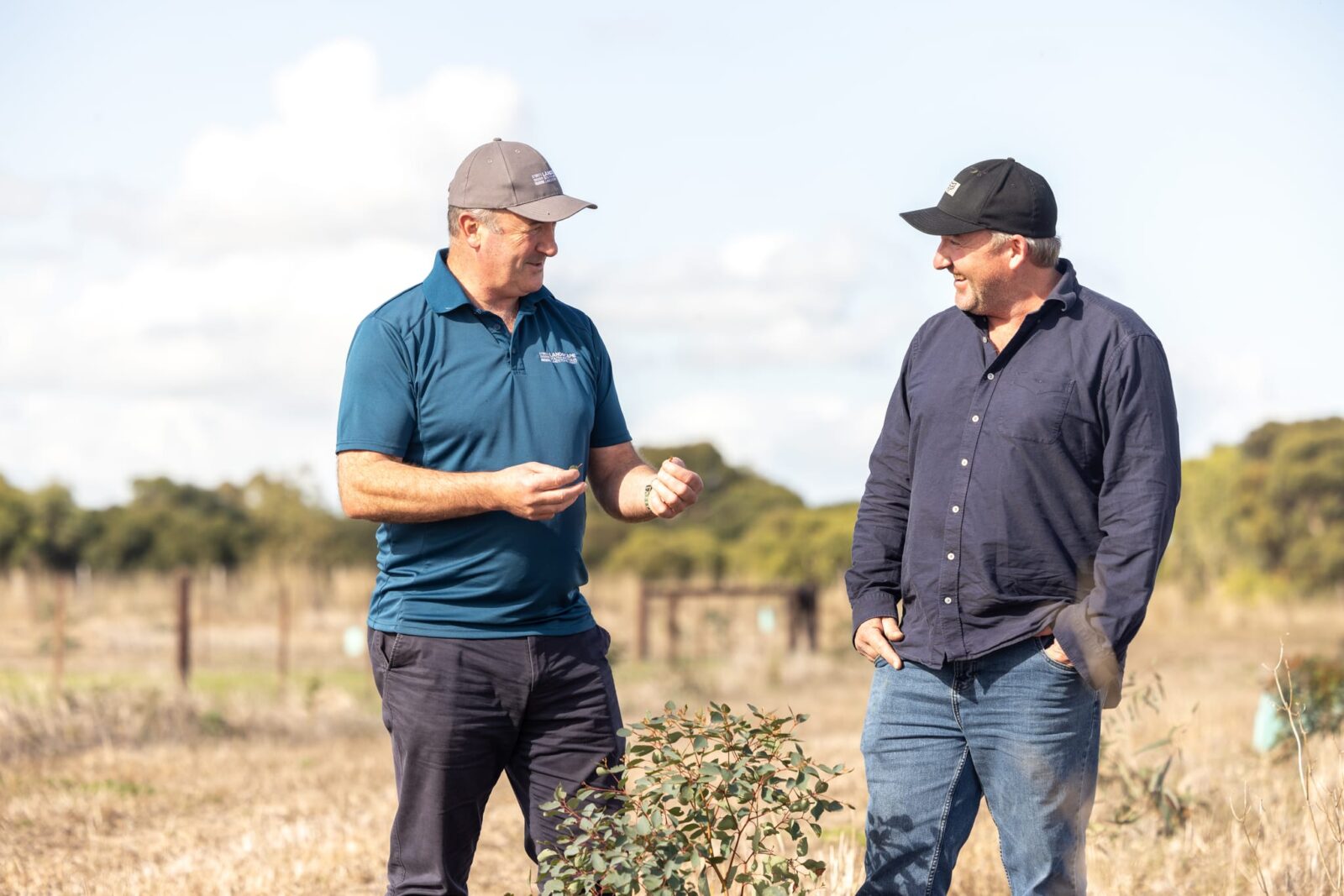Improving the odds: Pinpointing the key factors in Thoroughbred pregnancy loss

 NATIONAL CHALLENGES AND OPPORTUNITIES / Monday, 20 November 2023
NATIONAL CHALLENGES AND OPPORTUNITIES / Monday, 20 November 2023 
The finding challenges the notion that carbon credit income has been a primary motivator and was one of the many insights that flowed from the $2m Carbon Initiative Program, which funded 15 research projects across the country to examine barriers to carbon farming and identify practical solutions.
AgriFutures Australia General Manager, Rural Futures, Michael Beer, said with more than half the land mass managed by farmers, Australia was in a unique position to sequester carbon in soils and vegetation, and avoid or reduce greenhouse gas emissions through established or novel management practices.
“What the research from the Carbon Initiative Program projects has told us is there are number of factors including perceived complexity and risk, the cost of soil sampling, not knowing which information to trust, and how information is communicated.
“Multiple research projects have found that farmers are more interested in carbon farming when they know that increasing soil organic carbon has an impact on farm productivity. The potential to earn carbon credits is really just a co-benefit. This is an important message for decision makers and policymakers. So too is the importance of improving knowledge in what is a complex space and having the tools to assess risk.”
Some of the key outcomes and insights from the Carbon Initiative Program include:
“The Carbon Initiative Program is a comprehensive and ambitious attempt to understand what is driving carbon farming in Australia and what could be done to increase the awareness of the benefits and risks of carbon management to allow farmers to make their own informed choices,” Mr Beer said.
“We hope the learnings from these projects will lay a foundation for future research, deepen the knowledge in our agricultural sector and be a step towards helping in efforts to mitigate the effects of climate change.”
To review the findings of all 15 projects, visit the AgriFutures Australia website.
To stay up to date with the latest on these and other important programs, subscribe to the AgriFutures Australia newsletter here or follow AgriFutures Australia on social media.
Media enquiries:
Matt Wordsworth
0404 029 241
 THOROUGHBRED HORSES / 20.11.23
THOROUGHBRED HORSES / 20.11.23  GLOBAL INNOVATION NETWORKS / 20.11.23
GLOBAL INNOVATION NETWORKS / 20.11.23  WORKFORCE AND LEADERSHIP / 20.11.23
WORKFORCE AND LEADERSHIP / 20.11.23  CHICKEN MEAT / 20.11.23
CHICKEN MEAT / 20.11.23